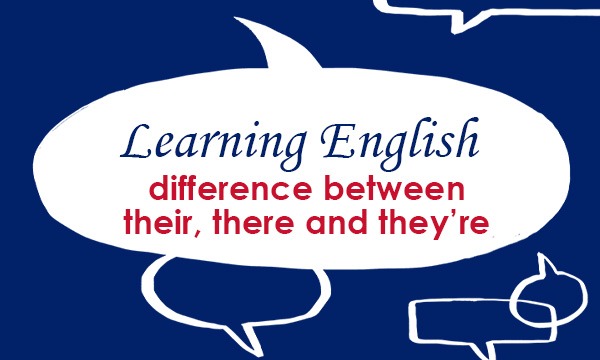
Most verbs describe an action such as walking, running, or reading. These are called verbs of action. Action verbs can be expressed in all the tenses.
John is running for the train.
Sophie has just bought a new camera.
She is putting on an exhibition of her artwork.
Robbie has read the book already.
When we need a verb to describe a new activity, we can either invent a new word, or we can adapt other parts of speech.
You can use your phone to access the internet.
Some verbs are used to talk about states of being or states of mind. These are called verbs of state and include:
- verbs relating to the senses, e.g. feel, hear, see, smell, taste
- verbs relating to emotions, e.g. adore, fear, hate, like, love, want, wish
- verbs relating to mental activity, e.g. agree, believe, expect, forget, mean
- verbs relating to possession, e.g. belong, own, possess
I feel unhappy.
These flowers smell gorgeous.
I hate arguments.
We mean you no harm.
That car belonged to us once.
Verbs of state are not usually used in continuous tenses. When they are used in continuous tenses, they change their meaning.
I’m just feeling to see if the bone is broken.
We were tasting some interesting New Zealand wines.
Naomi is expecting a baby.
There are some uses of the verb be that allow you to choose between a state or an action meaning. The word used as the complement makes an important difference.
Mark is being silly.
NOT
Mark is being tall.
The verb seem has a limited number of adjectives that can be used as its complement.
Simon seems happy.
NOT
Simon seems tall.
For further information on English Grammar, visit: https://grammar.collinsdictionary.com/easy-learning
Come back for other blogs on using English in everyday situations: https://blog.collinsdictionary.com/language-learners/learning-english
All opinions expressed on this blog are those of the individual writers, and do not necessarily reflect the opinions or policies of Collins, or its parent company, HarperCollins.



